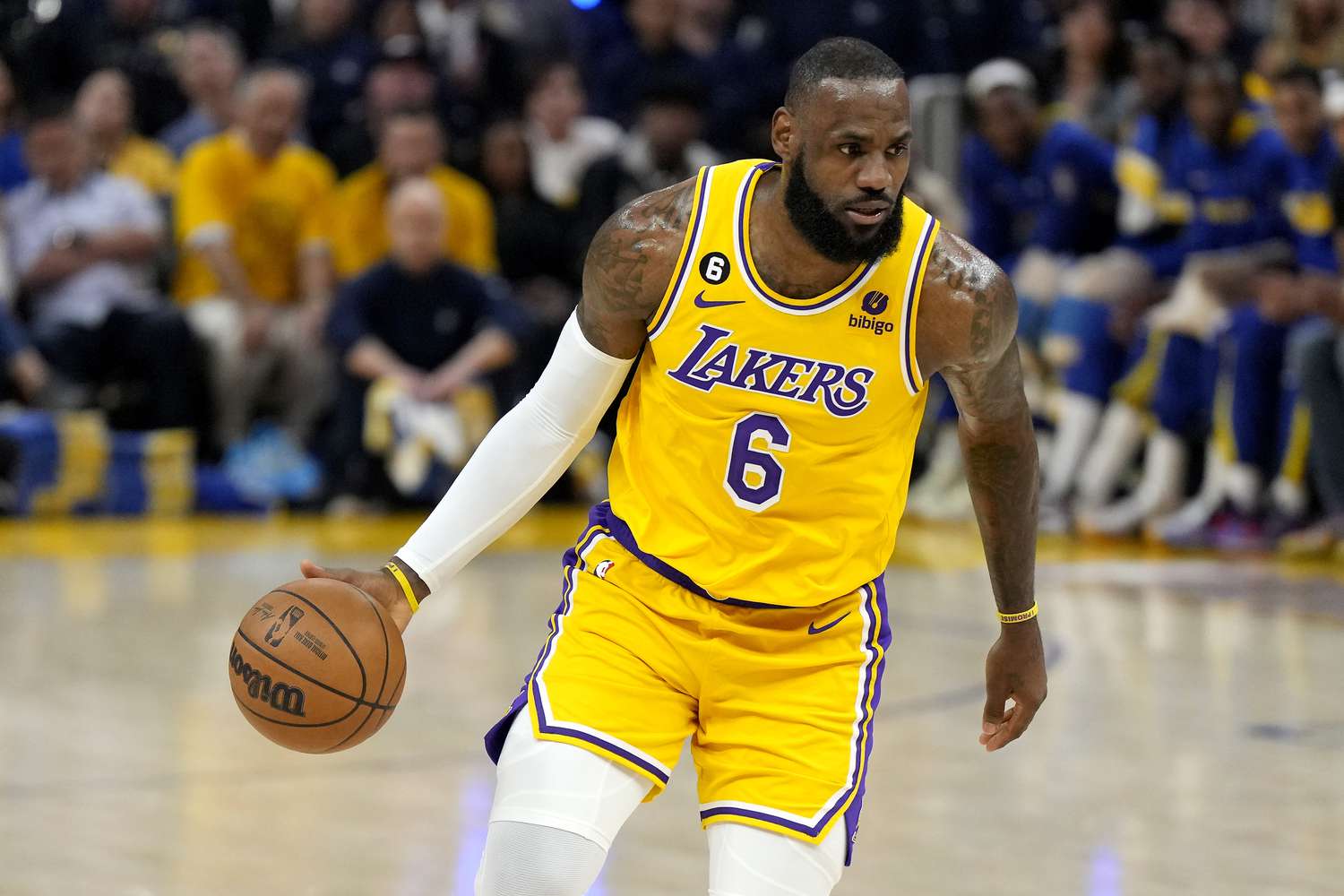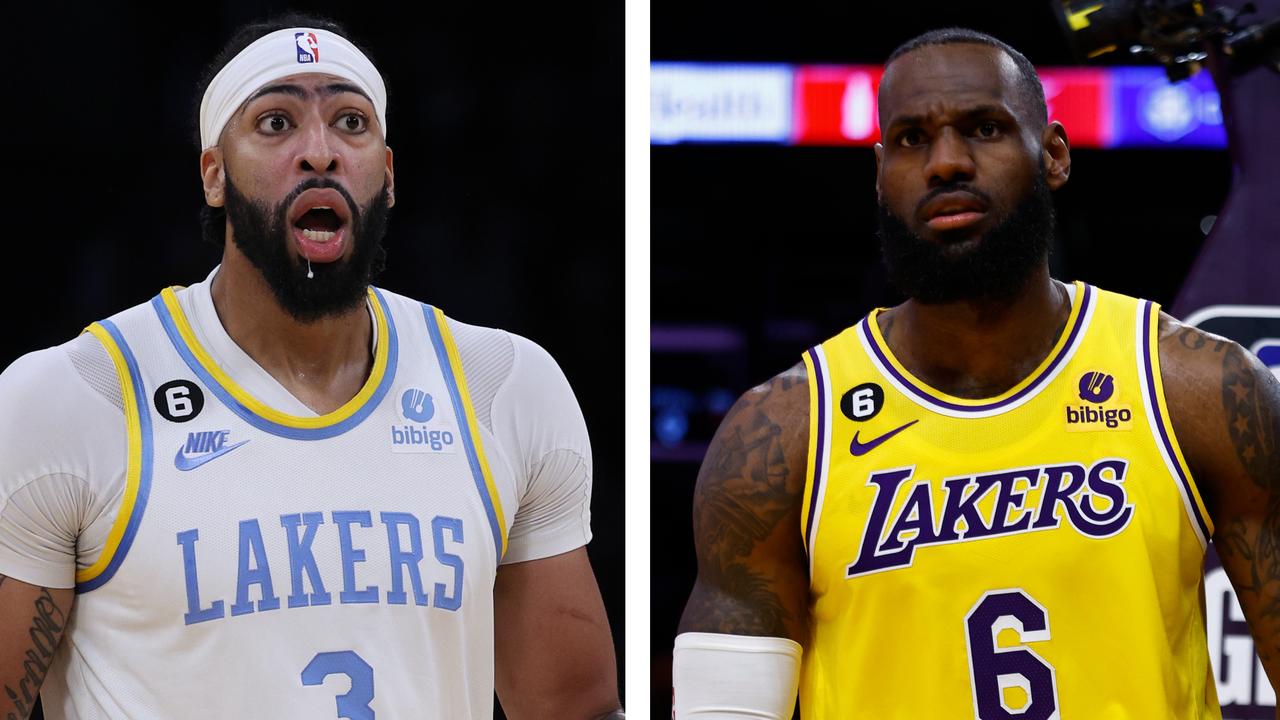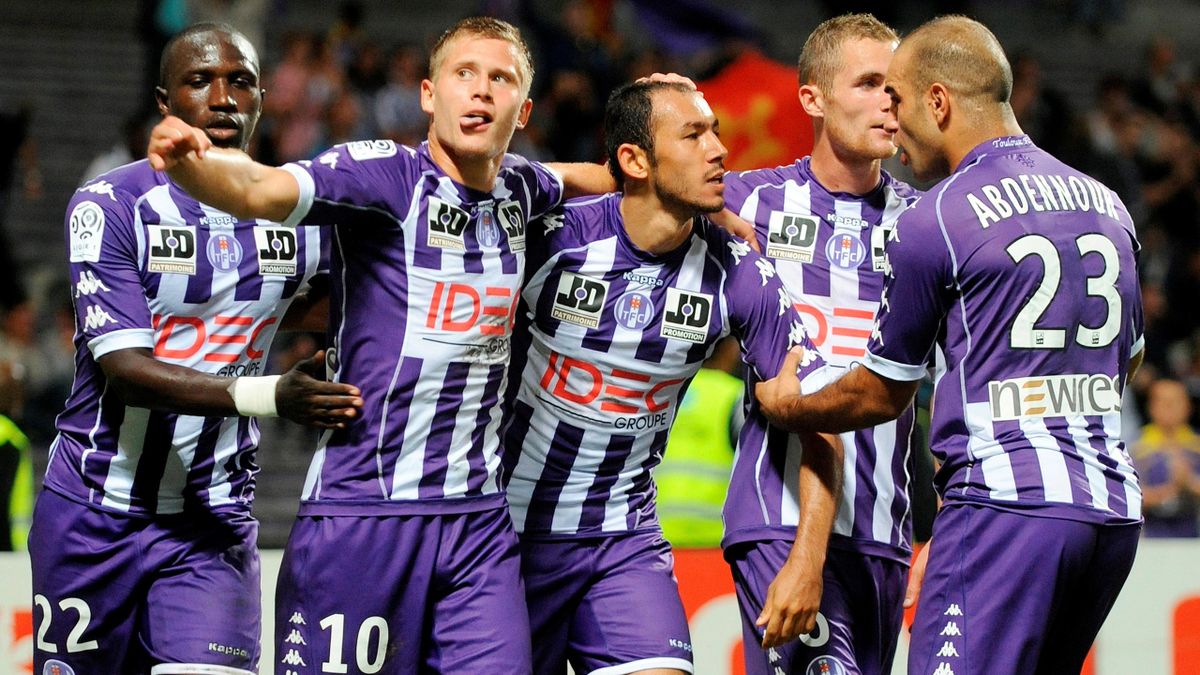
In a recent discussion, J.J. Redick took a firm stance against Tony Parker’s comparison of Victor Wembanyama to LeBron James, arguing that such a comparison is premature and potentially misleading. Redick’s critique, rooted in the intricacies of player development and historical context, highlights several reasons why this comparison may not be as valid or insightful as Parker might have hoped.
One of the primary issues with comparing Wembanyama to James lies in the generational context of each player. LeBron James entered the NBA in 2003 as a highly touted prodigy from Akron, Ohio, whose physical attributes and skills were already shaping him into a potential all-time great. His combination of size, athleticism, and basketball IQ was unparalleled at the time, and his immediate impact on the league was monumental.
Victor Wembanyama, on the other hand, is a remarkable talent in his own right, but he is entering the league at a different time with a different set of challenges and expectations. The NBA has evolved significantly since James’ debut, and the style of play, the level of competition, and even the expectations placed on rookies have changed. Wembanyama’s unique skill set, while impressive, operates within a different context that complicates direct comparisons.
LeBron James and Victor Wembanyama possess distinctive skill sets that cater to their respective positions and styles of play. James is known for his versatility, combining the skills of a guard with the physicality of a forward. His ability to facilitate offense, drive to the basket, and defend multiple positions has set him apart throughout his career. Wembanyama, however, is a towering presence with a skill set that includes elite shot-blocking, rebounding, and a developing offensive game that showcases his potential as a transformative player.
Comparing Wembanyama’s potential to James’ achievements overlooks the fact that they excel in different areas. While Wembanyama’s shot-blocking and rim protection are extraordinary, his offensive game and overall impact will need time to mature. James’ career, conversely, has been defined by a consistent ability to perform at an elite level across multiple facets of the game.
LeBron James’ impact on the NBA is also a product of his longevity and sustained excellence. His ability to maintain a high level of performance over two decades has solidified his legacy as one of the greatest players in the history of the sport. Wembanyama, while promising, has yet to prove his durability and consistency at the highest level. His potential is exciting, but comparing it to James’ established greatness risks overshadowing the fact that achieving sustained success in the NBA is a formidable challenge.
Drawing a parallel between Wembanyama and James also raises concerns about the pressure placed on young players. The expectations set by such comparisons can be overwhelming and unfair, potentially impacting a player’s development and confidence. For Wembanyama, being compared to James might place undue pressure on him to live up to an unrealistic standard, which could hinder his growth and adjustment to the NBA.
In contrast, LeBron James was able to develop and refine his game without the same level of direct comparison to other players of his era, which allowed him to build his legacy organically.
Finally, it’s essential to recognize the value of individual achievements and contributions. Wembanyama’s career should be celebrated for what it is and what it could become, rather than constantly measured against an established legend. Comparing him to LeBron James not only risks undervaluing his unique contributions but also detracts from the excitement of watching him carve out his own path in the league.
In conclusion, while Tony Parker’s comparison of Victor Wembanyama to LeBron James highlights the high expectations surrounding the young talent, J.J. Redick’s critique serves as a reminder of the complexities involved in such comparisons. Each player’s journey is unique, shaped by their generational context, skill sets, and individual achievements. For Wembanyama, the focus should be on his potential and growth rather than being measured against the monumental legacy of LeBron James.








